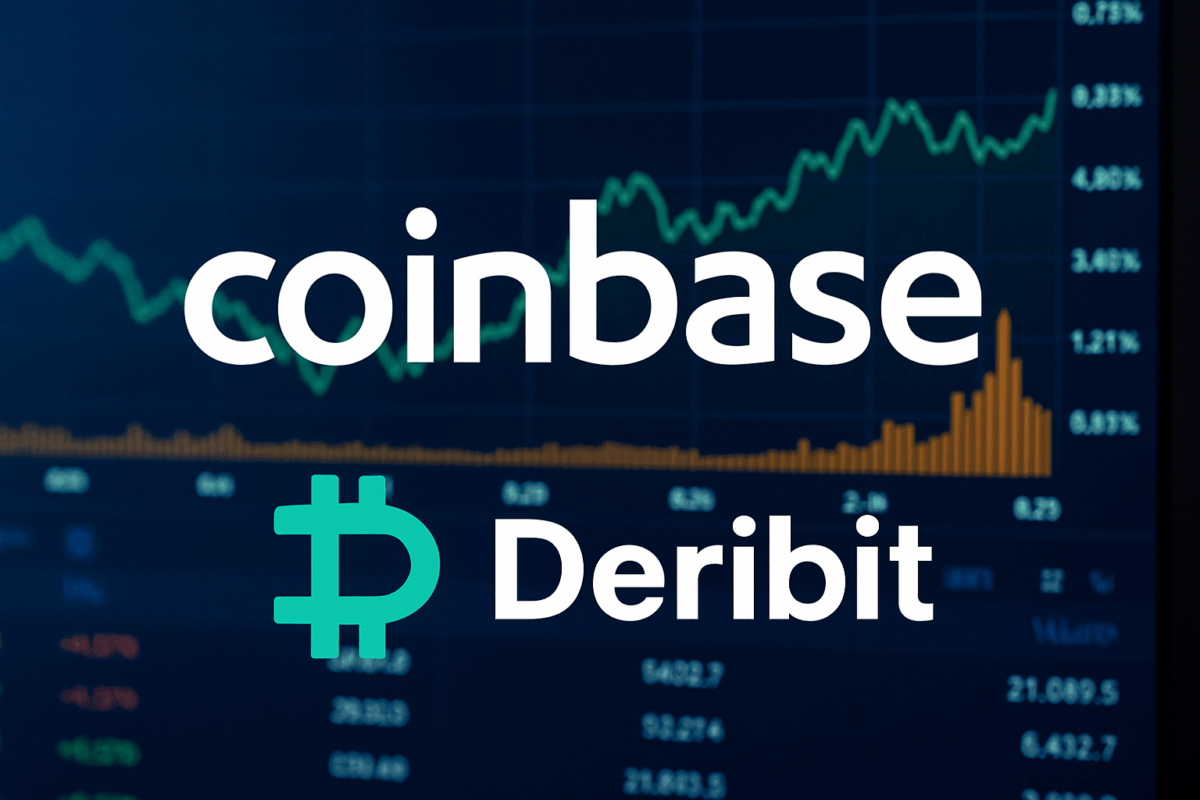The prices of Cardano (ADA), Solana (SOL), and Polygon (MATIC) are experiencing a rebound today, indicating a revitalised sense of stability in the market after a challenging past week.
The conclusion of a turbulent seven days was marked by a weekend bloodbath, witnessing the liquidation of more than $350million in long positions and significant declines of around 30% in major altcoins. This downturn came amidst a flurry of SEC lawsuits, further intensifying the already challenging market conditions.
ADA, SOL and MATIC experienced substantial sell-offs, plummeting by about 25% within a matter of hours during the weekend. The sharp downward spiral led to rife speculations of significant sell-offs of altcoins by major crypto funds or trading companies in response to the SEC’s lawsuits.
The tides are however slowly reversing ahead of the new week and altcoins are beginning to pick steam again.
At the time of writing, ADA is up by 8% in the past 24 hours, while MATIC is up 7%. SOL is currently up 1.14%.
Unified against SEC
The reversal of the tide is largely credited to the proactive efforts of teams and foundations who have effectively defended themselves against the SEC’s security label. Their unified voice and unwavering determination have significantly bolstered confidence and assurance in the situation.
IOG, the team behind Cardano, earlier last week responded to the SEC’s allegations that its native digital asset, ADA is a security. IOG asserted that the filing contained ‘factual inaccuracies’ and assured that their operations will not be affected. They further emphasised that ADA is not considered a security under US securities laws and advocated for responsible legislation that understands the operation of decentralised blockchains.
Solana Foundation was also quick to dismiss SEC’s ‘security’ label. In a statement to CoinDesk, they said: “The Solana Foundation strongly believes that SOL is not a security. SOL is the native token to the Solana blockchain, a robust, open-source, community-based software project that relies on decentralized user and developer engagement to expand and evolve.”
Polygon Labs reiterated that their project was conceived and launched outside the United States. In a tweet, the team highlighted the significance of the non-US market, leading to suggestions that the team was subtly hinting at exploring blockchain-friendlier jurisdictions as a potential recourse to the regulatory challenges in the US.


